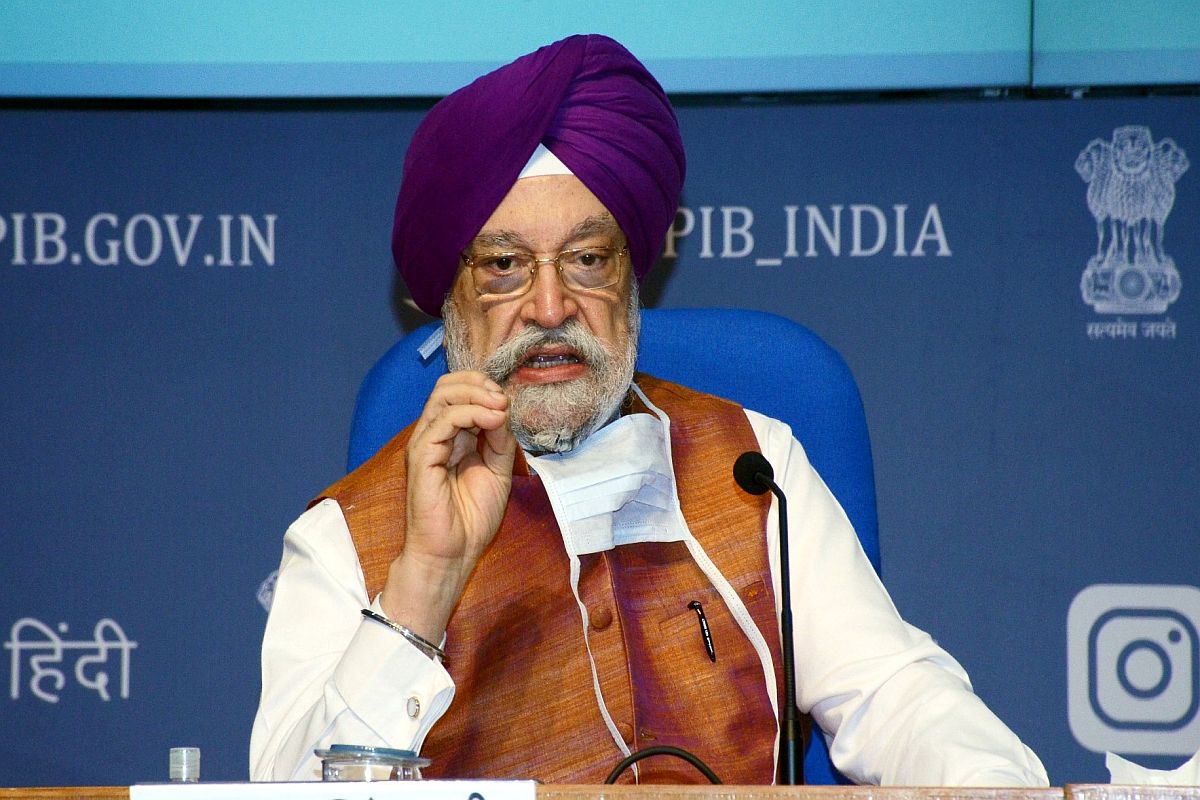India and China
The meeting between External Affairs Minister S. Jaishankar and Chinese Foreign Minister Wang Yi at the G-20 foreign ministers’
India would continue to extend all possible humanitarian and medical support in the time of need to the people of Turkey: Union Minister Hardeep Singh Puri

Hardeep puri(Photo: IANS)
India is uniquely positioned to champion the aspirations of the Global South, Union Minister for Housing and Urban Affairs & Petroleum and Natural Gas Hardeep Singh Puri said today.
He was addressing delegates from G20 countries, guest nations and international organisations who are attending the first meeting of the Environment and Climate Sustainability Working Group under India’s G20 Presidency at Bengaluru.
Advertisement
Puri noted that in the last eight years, India has taken many transformative steps in advocating for ‘climate justice’.
Advertisement
In this connection, he referred to Prime Minister Narendra Modi’s bold announcement of the Panchamrit Action Plan at COP-26 in Glasgow which envisaged India becoming a net-zero emissions country by 2070. ”This is one of the shortest time-spans proposed between peak emissions and net-zero status by a developing economy,” he noted and emphasised that India was demonstrating that economy and ecology were not at odds with each other but fundamentally intertwined.
Puri expressed his solidarity with the people of Turkey in their moment of grief and deep difficulty. He said that India would continue to extend all possible humanitarian and medical support in the time of need to the people of Turkey and said that the outpouring of support to the affected people from across the world was a powerful reminder of the shared humanity that connected humanity.
It was in that same spirit that all the G20 delegates have assembled to promote the universal sense of oneness that was enunciated in this year’s G20 theme of ‘Vasudhaiva Kutumbakam – One Earth, One Family, One Future’. He further added.
Puri said that the consequences of degrading biodiversity and the environment were leading to increasing costs and complexity in all aspects of life. Tackling the interrelated matters of climate change and biodiversity loss demanded a concerted and calibrated global effort. This would require committed and farsighted leadership by the G20 nations which collectively accounted for 85% of the world’s GDP, 75% of the global trade, and two-thirds of the global population.
Advertisement